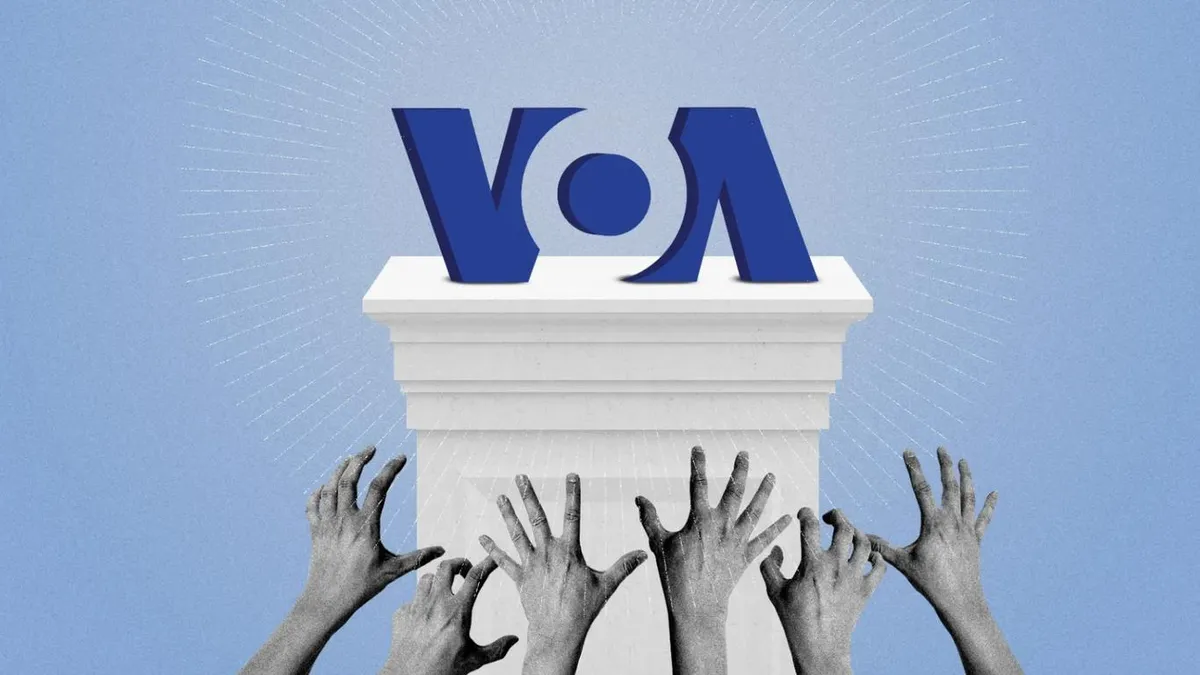
In a significant move that has sent shockwaves through the media landscape, former President Donald Trump has ordered the dismantling of government-funded media outlets. This decision primarily targets organizations accused of peddling "propaganda," with a particular focus on Fox News and Voice of America (VOA). Trump's actions reflect a broader strategy aimed at reshaping the media narrative and reducing government influence in media.
As part of this initiative, VOA has seen a drastic reduction in its broadcasts, leading to what some are calling a “media blackout.” In a surprising turn of events, many of its programs have been replaced by music, leaving audiences questioning the future of public broadcasting. Critics argue that this move undermines the role of independent journalism and silences vital voices that have historically provided balanced news coverage.
After appointing Kari Lake to lead VOA, Trump’s administration swiftly moved to implement changes that would align the outlet more closely with his administration's views. However, the subsequent dismantling of VOA has raised eyebrows among both media analysts and political commentators. Many see this as an attempt to reshape public perception and control the information that reaches the American public.
The reaction to Trump's decision has been mixed. Supporters argue that the dismantling of government-funded media outlets like VOA is a necessary step toward reducing government interference in the media. On the other hand, critics condemn this action as a blatant attack on freedom of the press, fearing it sets a dangerous precedent for future administrations. As the media continues to evolve, the implications of these changes will likely be felt for years to come.
Trump's aggressive stance towards government-funded media outlets raises critical questions about the future of independent journalism in the United States. As the landscape shifts, it remains to be seen how these changes will impact the flow of information and public discourse. With the media under scrutiny, the need for transparency and accountability in broadcasting has never been more crucial.